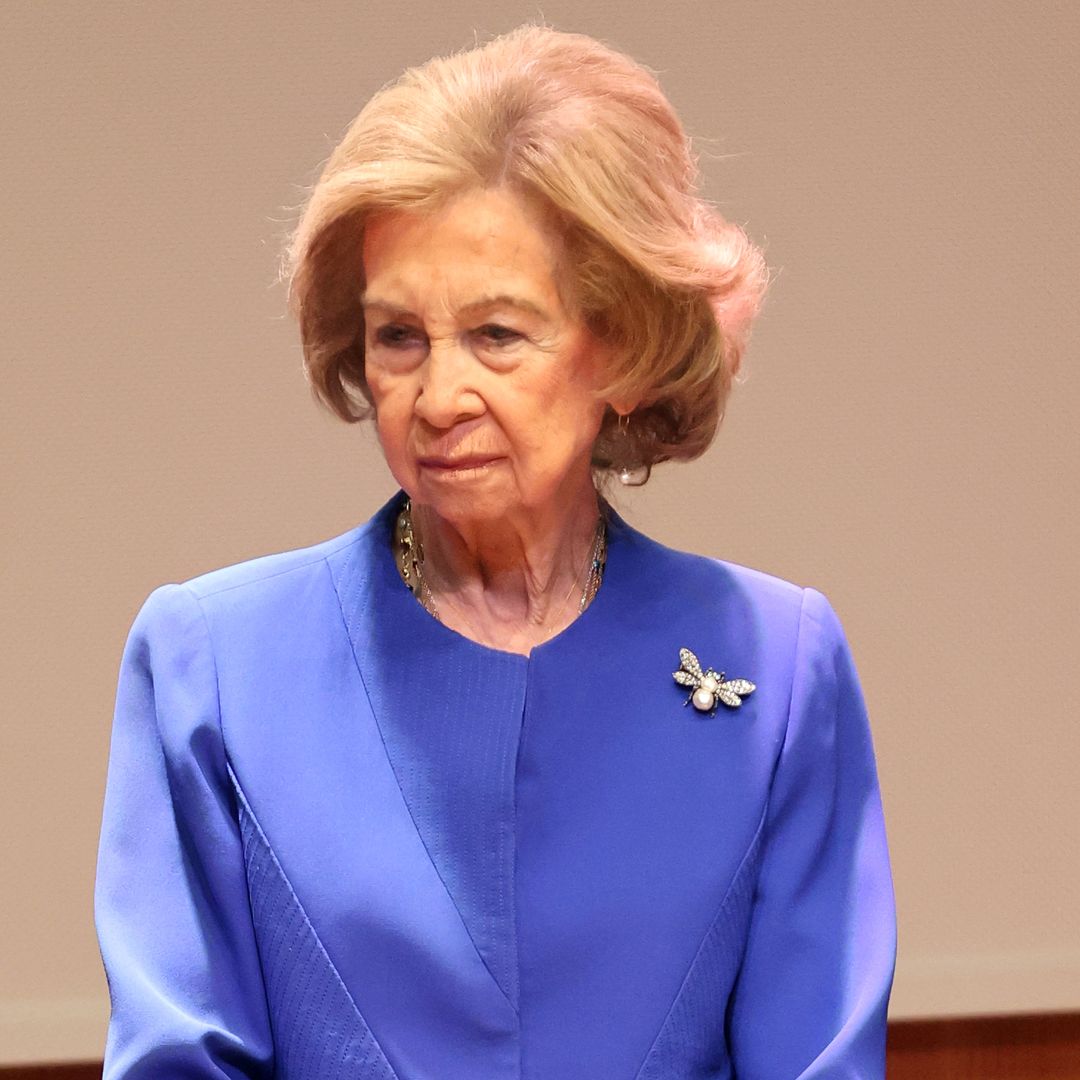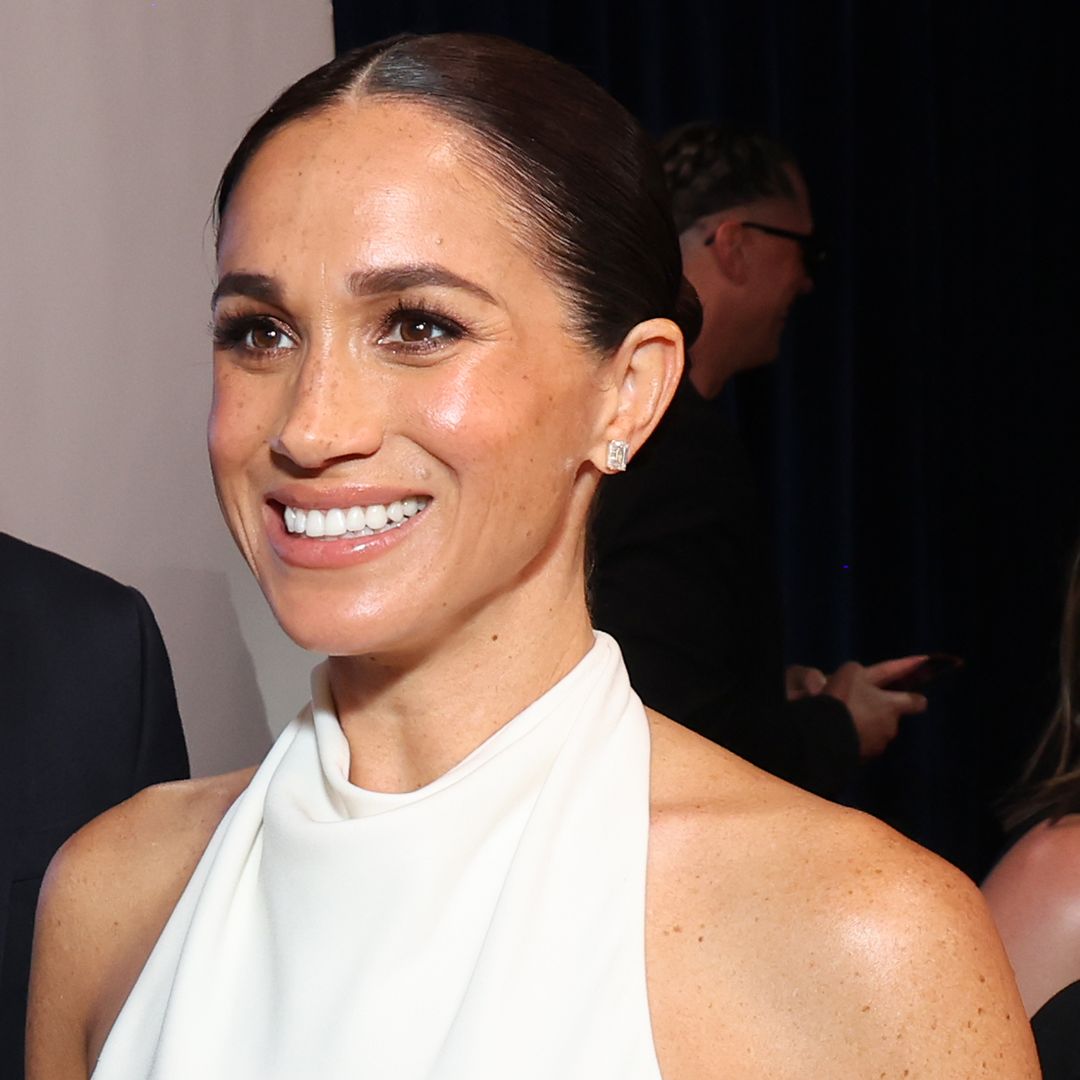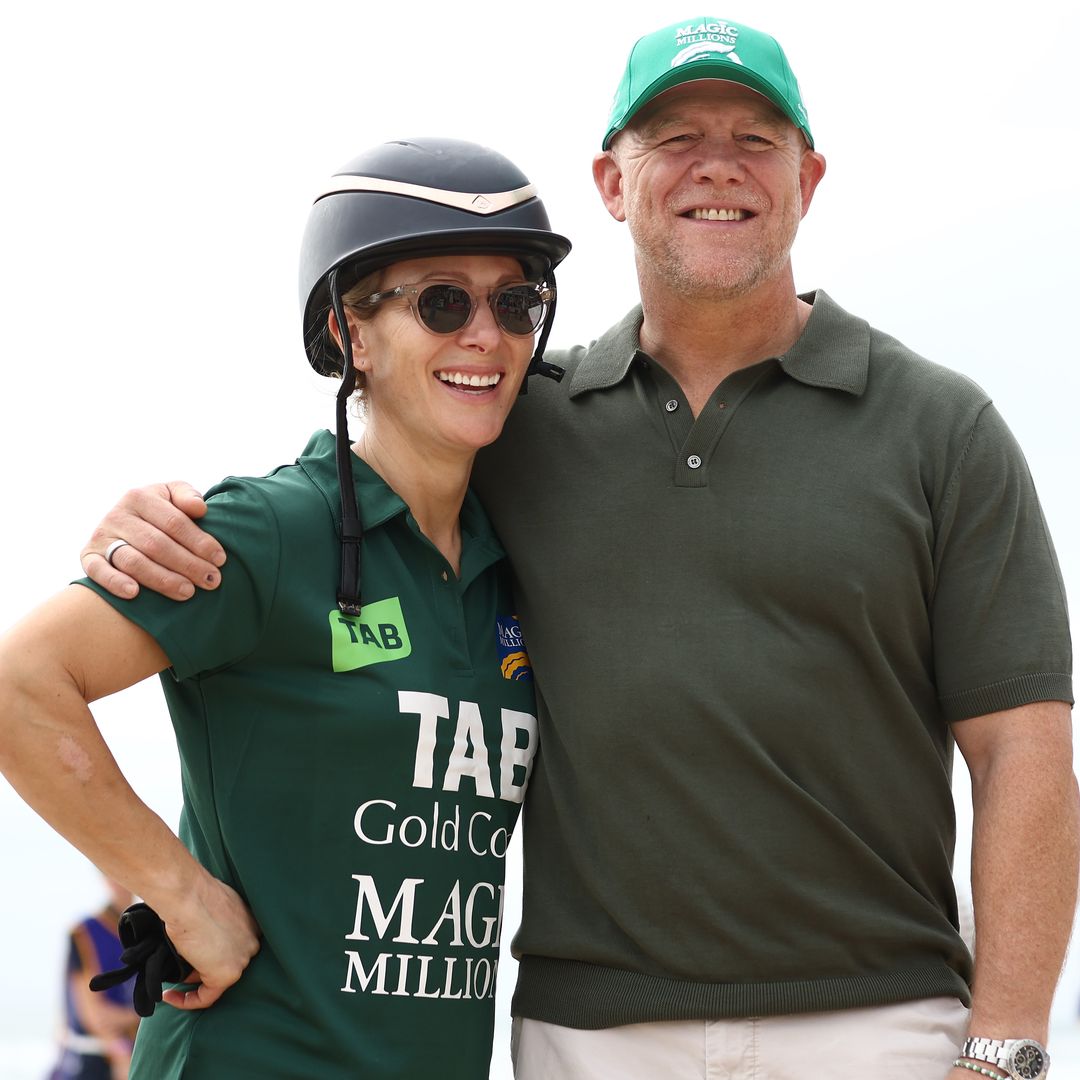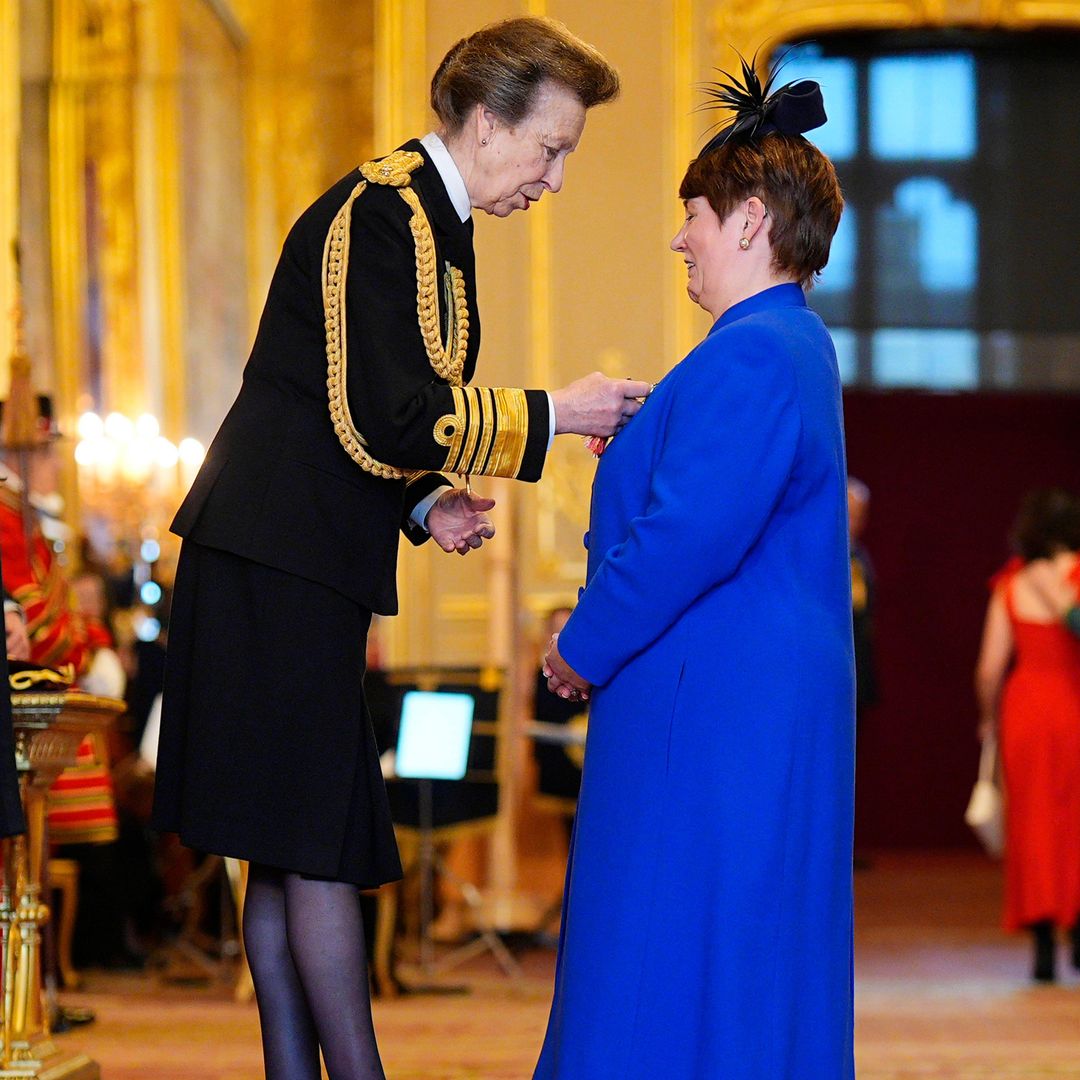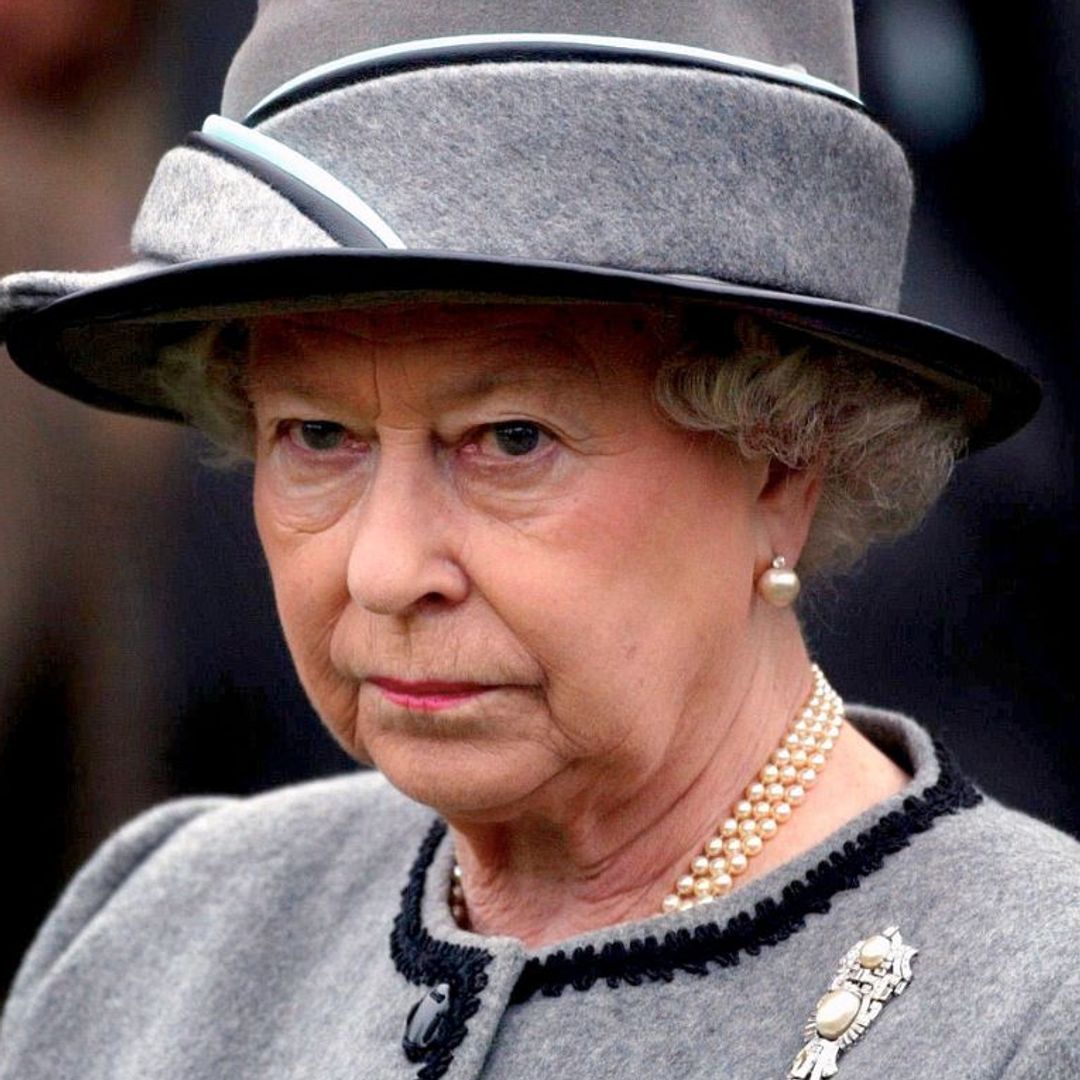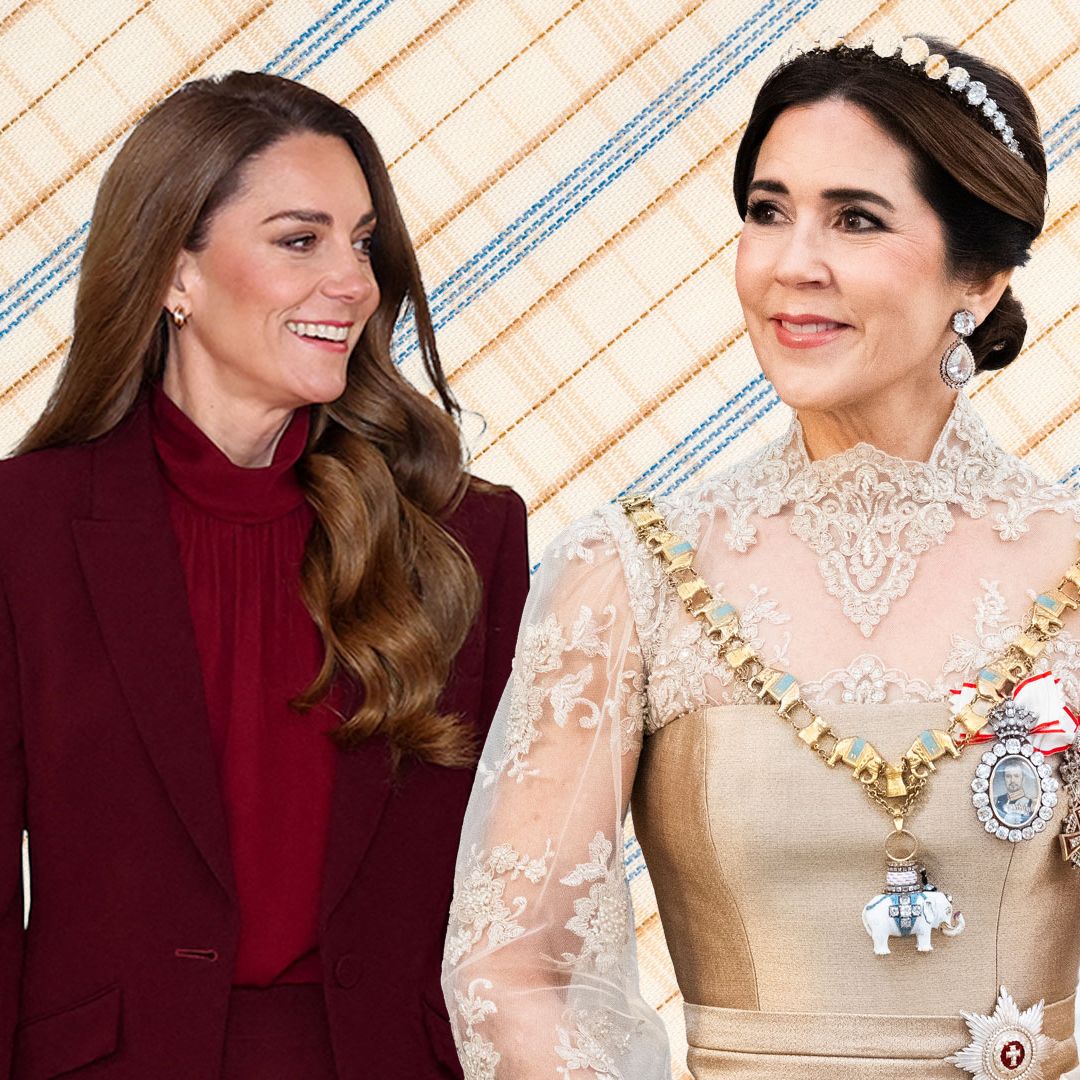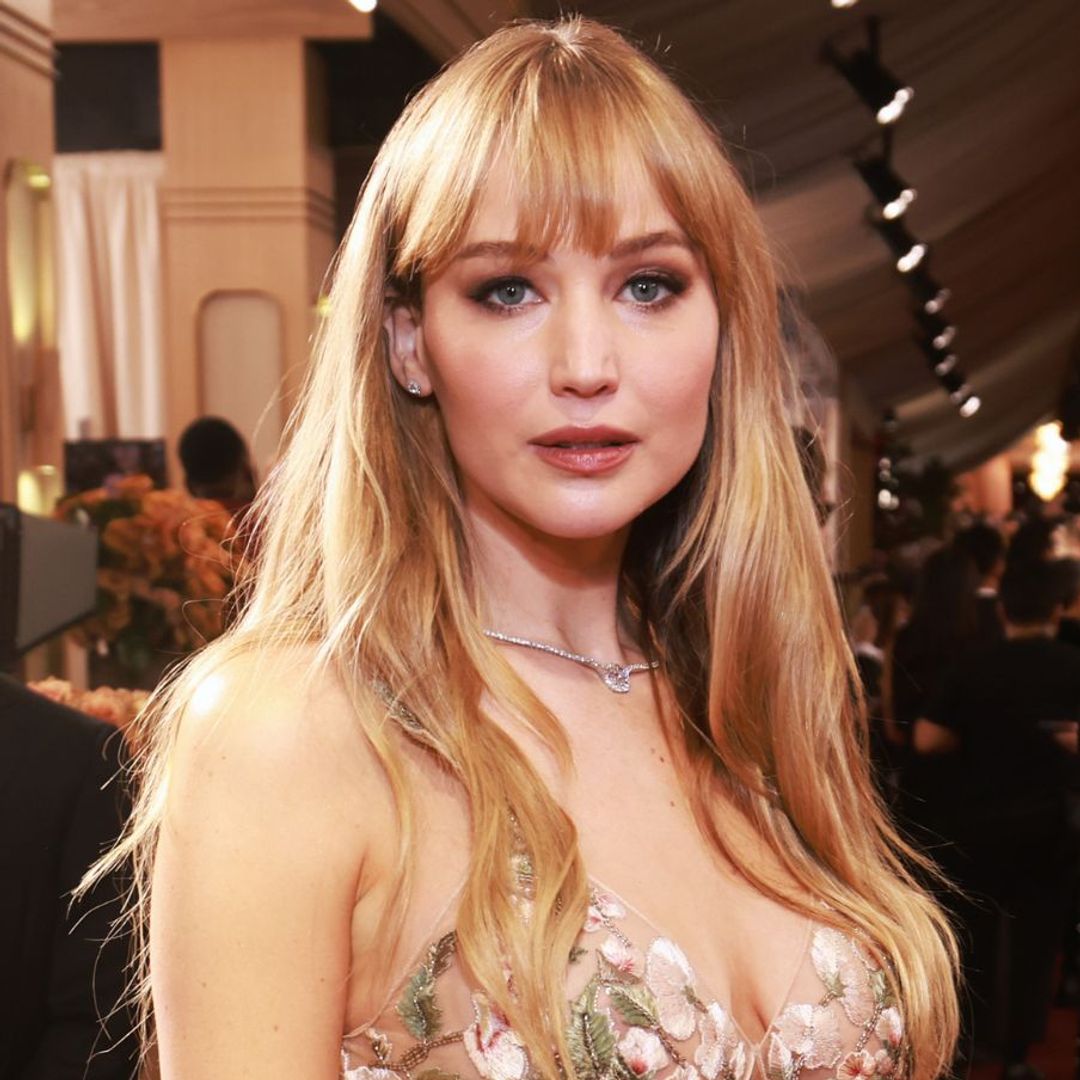The Japanese Emperor, Akihito, and his wife, Empress Michiko, visited their youngest granddaughter in hospital yesterday. She was born to Crown Prince Naruhito and Princess Masako on Saturday, and the Emperor said that the baby seemed very healthy. “We are very glad,” he said.
Sixty-seven-year-old Empress Michiko, who was apparently close to tears of joy when she learned of the child’s birth, said that her third grand-daughter, “was a good baby.” The child will be named on Friday by Emperor Akihito, seven days after her arrival into the world, in keeping with Japanese tradition.
Following the joyous news an estimated 20,000 people flocked to the palace - normally out of bounds to the general public - on Saturday evening to see entertainers, sports stars and other celebrities welcome the latest addition to the royal family. Department stores hung congratulatory banners, and the distinctive Japanese flag was flown throughout the country. In the port of Yokohama, 100 ships blew their horns for a minute at noon yesterday.
The royal birth has sparked hopes of an economic revival in the land of the rising sun. Sales of “royal baby” commemorative cookies and sake wine have rocketed, and some analysts are predicting that the newfound optimism in Japan will encourage consumers to start spending money again. There is even talk of a baby boom in the country.
But the strict laws of succession in Japan will have to be changed to enable the youngest royal to accede the ancient Chrysanthemum Throne, as only male members of the family are eligible. Hiromu Nonaka, a member of the ruling Liberal Democratic Party, said: “I think it is quite natural (to revise the law). Japan aims to create a society where men and women can both take part.”
Japanese traditionalists still regard the Emperor as divine and believe that a female monarch is anathema, but most people welcome the idea of allowing a woman to inherit the throne, according to an opinion poll, taken last month. The survey showed that 55.2 per cent of Japanese were in favour of a female monarch, while just 7.9 per cent opposed the idea.
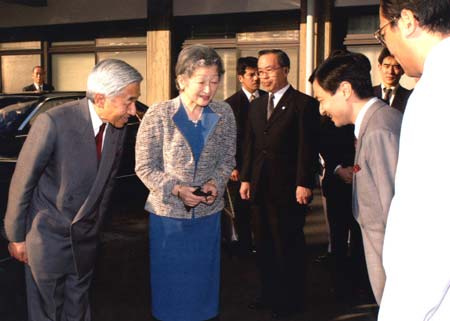 Photo: © Alphapress.com
Photo: © Alphapress.com
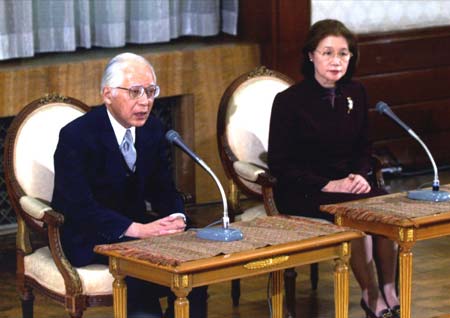 Photo: © Alphapress.com
Photo: © Alphapress.com
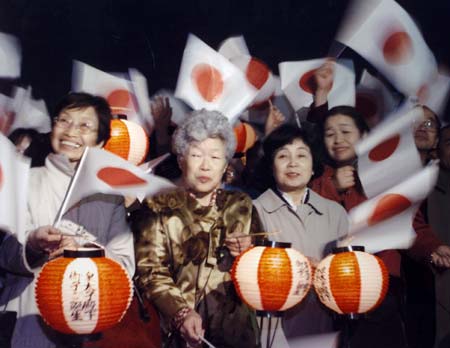 Photo: © Alphapress.com
Photo: © Alphapress.com
